Sport
Chad strains under the weight of sheltering thousands of Sudanese refugees fleeing violence in their country.
Fatima Ahmed* clutches her three-year-old daughter tight, her voice trembling as she recounts the nightmarish circumstances in which she fled her home in Sudan’s El Fasher to cross the border into Chad on foot.
"They burned down our village. They killed my husband," she tells TRT Afrika. "We walked for days, fuelled by nothing but fear."
This has been a recurring theme in Sudan’s theatre of war since fighting between the Sudanese Armed Forces and the paramilitary Rapid Support Forces broke out in April 2023.
Fatima is one of nearly 20,000 Sudanese refugees, mostly women and children, who have poured into eastern Chad over the past two weeks, fleeing the unrelenting violence in North Darfur.
The sudden influx has swamped border towns like Tiné, where nearly 6,000 exhausted and traumatised people arrived in just 48 hours.
The trigger for the latest surge of Sudanese refugees entering Chad was the sheer brutality of the violence unleashed on the civilian population in the Darfur region, particularly around El Fasher.
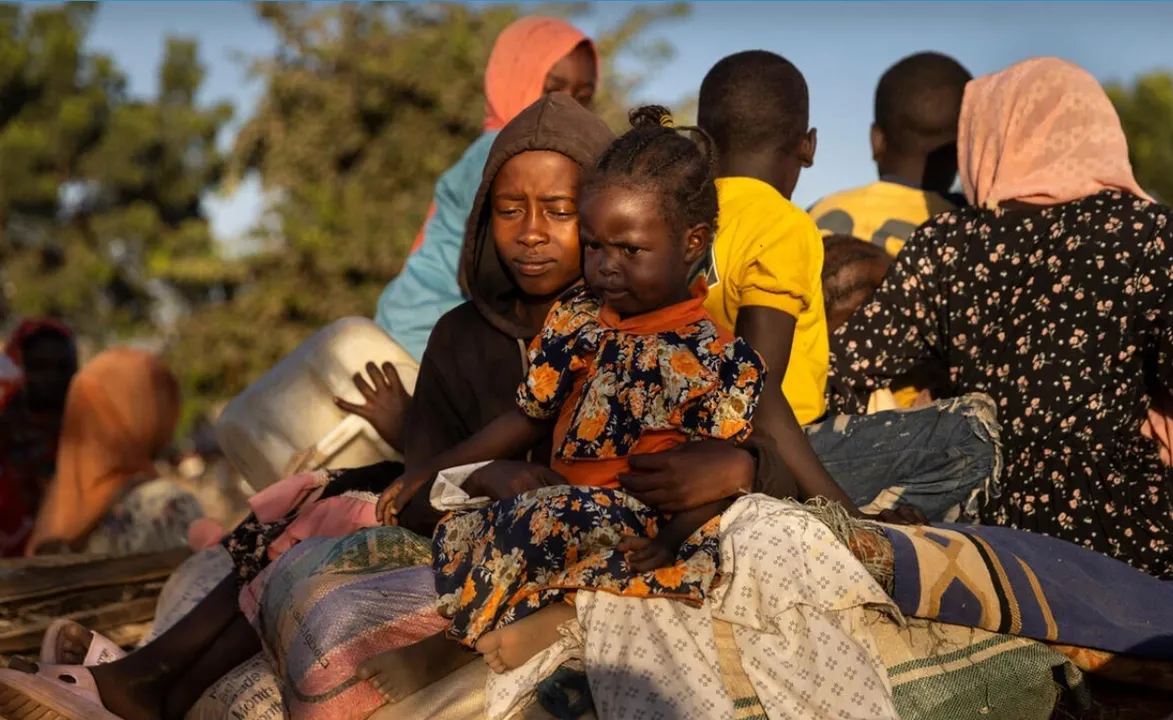
Refugees speak of mass killings in camps for the displaced, like Zamzam and Abu Shouk. Homes have been indiscriminately torched, men executed, and women and girls subjected to sexual violence. Most of the attacks are blamed on the paramilitary Rapid Support Forces.
Mohammed Ibrahim*, a 45-year-old farmer, limped into Chad nursing a bullet wound in his leg.
"They shot at us as we ran," he says, wincing as a Médecins Sans Frontières (MSF) nurse tends to his injury. "I saw children fall from trucks in the chaos. Some didn’t get back up."
According to UNHCR protection teams, 76% of new arrivals endured extortion, theft or sexual violence during their escape.
At least 22 children arrived with injuries, while hundreds more were unaccompanied, their families either missing or dead.
Overstretched Chad
Chad’s local communities have displayed extraordinary solidarity with their suffering neighbours, sheltering 1.3 million refugees. But the strain of hosting such a mass of people in a country beset with problems of its own is becoming unbearable.
Halima Youssouf, a mother of five in Tiné, voices the growing concern as she watches refugees line up for dwindling food rations.
"These people have suffered so much; how can we turn them away? But every day, our children eat less so that we can share our sorghum. Our water is depleting. Our clinics are overflowing," she tells TRT Afrika, her tone weighted by compassion and exhaustion.
Halima’s words encapsulate the painful duality faced by Chad’s eastern communities. While locals have welcomed Sudanese refugees with remarkable generosity, they are nearing breaking point.
"We are all mothers, all sisters," Halima says, watching a Sudanese woman cradle her malnourished infant. "But if no one helps us, soon there will be nothing left to share."
This sentiment echoes through border towns experiencing growing shortages of basic commodities, surging food prices, and overwhelmed health centres.
"We share what we have, but how long can this last?" wonders Adoum Mahamat, a village elder in Tiné. "Our schools now have one teacher for every 100 children. How can we go on like this? Our kindness has limits, and we are reaching them."
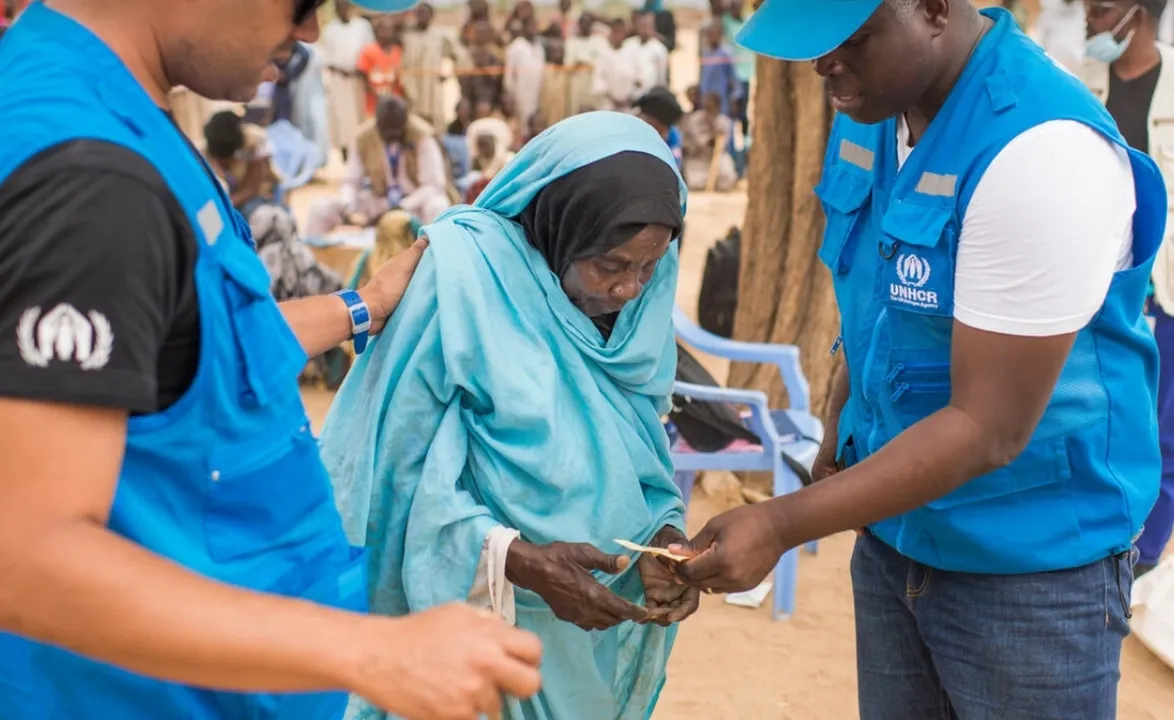
Snowballing crisis
Humanitarian agencies are scrambling to relocate refugees to sites like Iridimi, where UNHCR has moved 1,850 people since late April.
But with only 20% of the US $409 million needed for Chad’s refugee response available so far, aid workers warn of a looming catastrophe.
At a border clinic, physician Saida Abubakar treats the sick and starving – malnourished children, dehydrated mothers, elderly patients collapsing from exhaustion – with barebones resources.
"We are out of medicines. We need IV fluids, antibiotics, everything," she tells TRT Afrika. "The world must not look away."
UNHCR urgently calls for international support in the face of a muted response.
"Attacks on civilians in Sudan must end, and safe passage must be ensured for those fleeing for their lives," says Magatte Guisse, UNHCR’s representative in Chad.
"The international community must step up in solidarity to protect and assist these vulnerable populations. This needs to happen now."
As the sun sets over Tiné, Fatima watches her daughter sleep on a thin mat, her woebegone look conveying more than words can ever express.
"We have nothing left," she says. "But at least we are alive."
*Names of refugees have been changed for their protection
Comments
No comments Yet








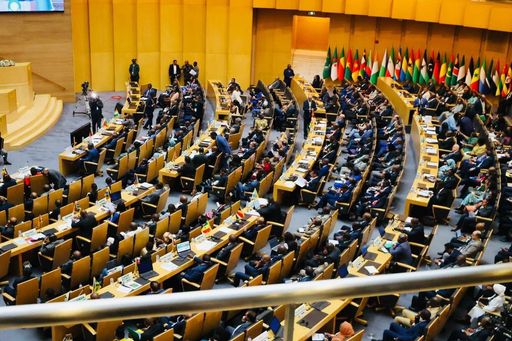

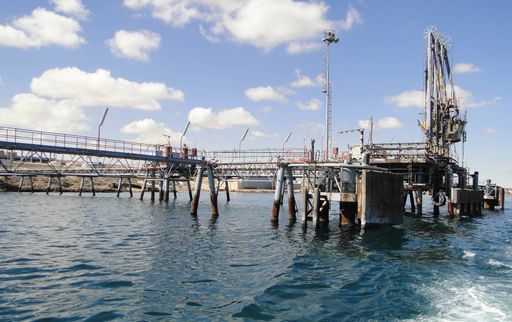
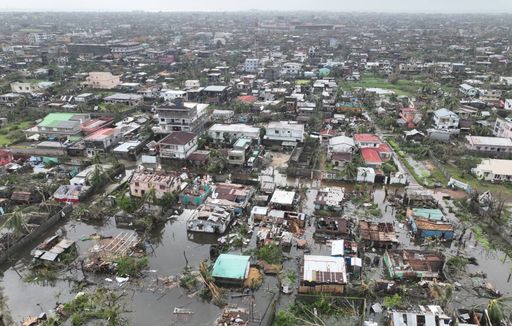








Comment